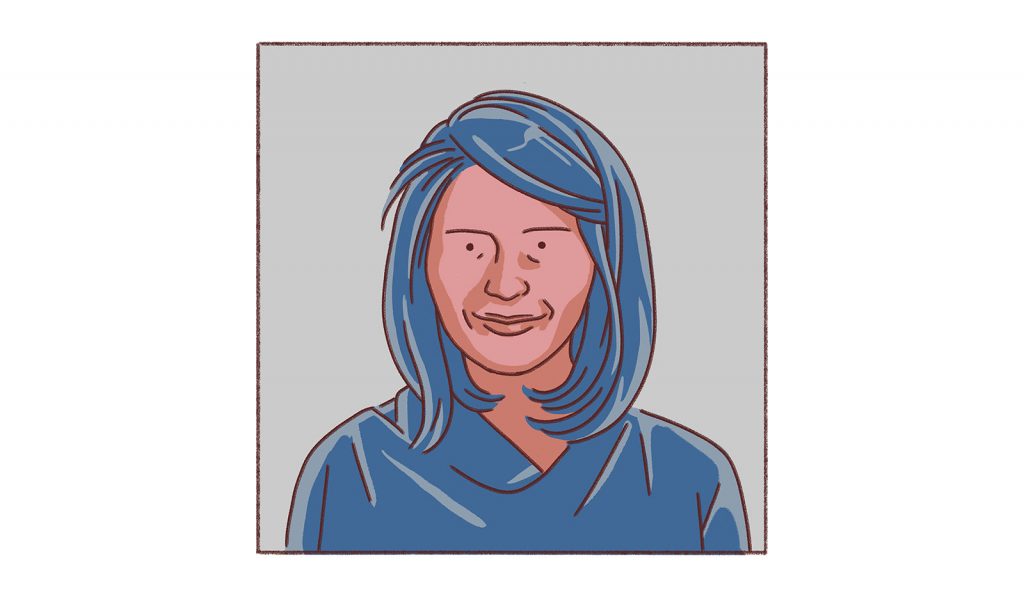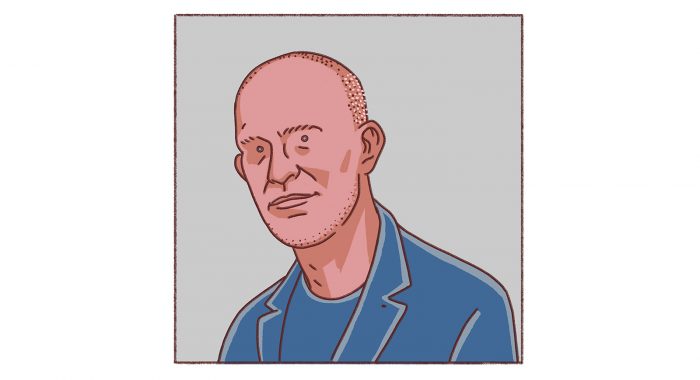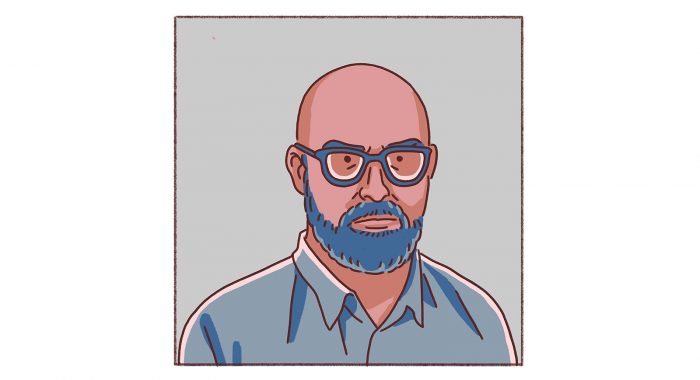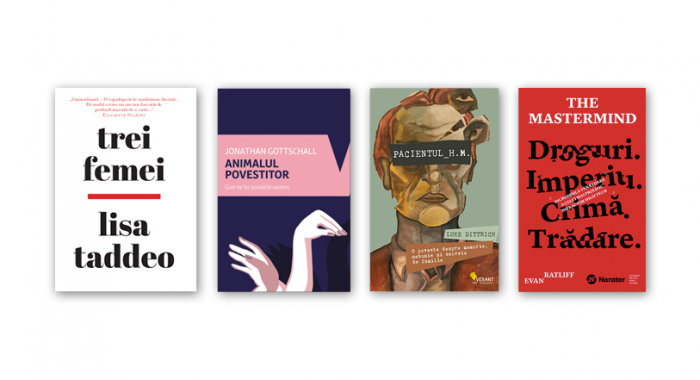
When Ioanida came to Bucharest in 2014 to study her grandfather’s music thanks to a Fulbright scholarship, some friends took her to a restaurant in the historical centre of Romania’s capital so that she could listen to the lăutari (fiddlers).
She was a 24 year old violinist, raised in Milwaukie, Oregon, where her Roma parents settled after leaving Bucharest in 1985. Her grandfather was a violinist as well and she had heard many stories about his music. Ioanida started playing the violin when she was five and grew up listening to stories of her parents’ wedding where Romica Puceanu, a Roma musician of great renown who died in the 90s, played. She earned a B.A. in Music from Amherst College. She often tells the story of how her parents would sometimes listen to her play a classical piece on her violin and then would ask her to play a lăutăreasca too.
The music she listened to in the restaurant that day didn’t sound familiar at all and it didn’t move her heart. It was telling no story. Ioanida was looking for someone who could teach her to play the violin like a true lăutar. She needed a teacher, because she had only studied classical music, and now she wanted to get in touch with her roots through traditional music. As she walked the streets of Bucharest’s old town, she heard music played by a violin street player and she knew she had found him. It was Nicu Ciotoi, a well-known Romani violinist born in 1950, whose old songs had the power of narrating centuries of Roma history, oppression and discrimination. He had performed alongside some of the great musicians of the 1970–80s, including Romica Puceanu, the woman who sang at the wedding of Ioanida’s parents. She asked him to teach her to play like her grandfather. She also filmed him for a short documentary, Light Upon, released in 2014 and available on her website. The documentary tells both Nicu Ciotoi’s story of how he learnt to play the violin from this father and grandfather, and Ioanida family’s story and her search for finding their roots and understanding what music meant to them.
Ioanida is currently studying at Stanford University and has interviewed Roma survivors of the Holocaust, a history little known in Romania and throughout the world. Songs that tell the stories of the deported and music pieces narrating 500 of years of Roma slavery in Romania have the power to fill the history blanks. Ioanida believes that music has a special power of communicating sufferance and trauma, while building and empathetic environment for both the storyteller and the listener.
Get to know Ioanida Costache’s work
- Watch Light Upon (2014): A video portrait of Nicu Ciotoi, her violin teacher.
- Read this article in which she tells the story of Nicu Ciotoi, a violinist protective of an ideology, authenticity and dignity of traditional music.
- Get to know Ioanida as she is tackling Romani-ness and pleads for reclaiming Romani identity as a powerful category of social organization.
- Read her critique of the Pope’s apology to Roma. “What makes Roma suffering so unspeakable, so unsayable, that the pope couldn’t name The Holocaust and Roma Slavery? It’s important to highlight the fact that the pope did not name these historical events.”
Ioanida Costache is speaking at the 9th edition of The Power of Storytelling. Register here to meet her and the other amazing speakers who will tackle this year’s theme: Heal.



